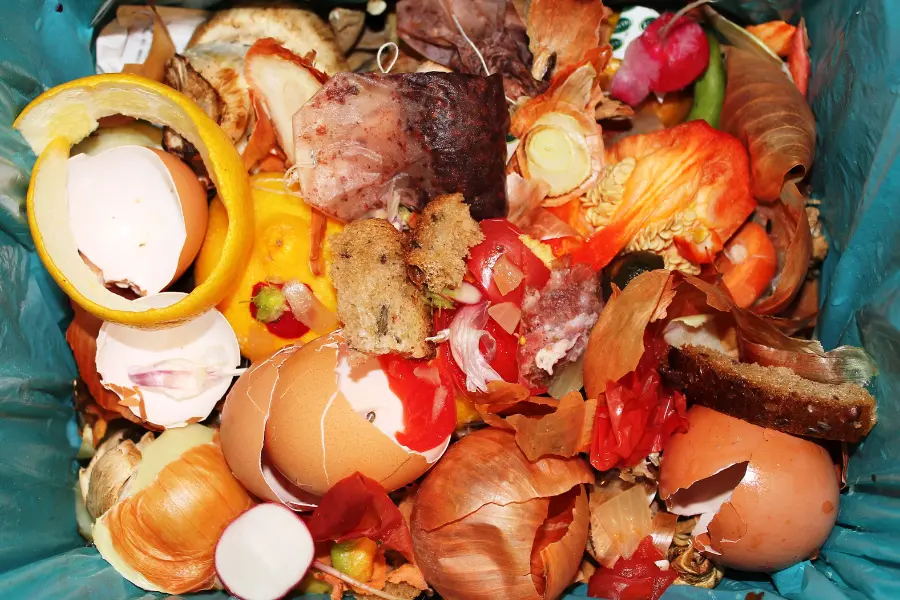Waste is one of the biggest hidden costs in the hospitality industry. From leftover food to packaging materials and energy inefficiencies, hotels generate significant waste every day. Poor waste management not only increases expenses but also harms the environment and damages a brand’s reputation.
This is where a Waste Management Consultant becomes essential. By analyzing operations and introducing smarter practices, they help hotels cut costs, improve efficiency, and enhance their sustainability profile.
The Rising Challenge of Hotel Waste

Hotels produce enormous amounts of waste due to their scale of operations. Food scraps from buffets, disposable packaging, single-use plastics, and excessive energy use all add up. According to industry studies, food waste alone can account for up to 25–30% of a hotel’s food purchases. That’s money literally being thrown away.
Inefficient waste handling also impacts sustainability efforts, which are increasingly important to eco-conscious travelers. Hotels that fail to address these issues risk falling behind competitors who are adopting greener practices.
How a Waste Management Consultant Helps

A Waste Management Consultant brings specialized expertise to tackle waste challenges head-on. Their role involves:
- Conducting waste audits to identify where the majority of waste is generated.
- Designing tailored strategies to minimize food, packaging, and energy waste.
- Introducing recycling and composting systems that are practical and cost-effective.
- Training staff to follow waste reduction protocols consistently.
- Ensuring compliance with local environmental regulations.
For example, a consultant might recommend smaller batch cooking to reduce buffet leftovers or introduce reusable service ware to cut down on single-use plastics. These small changes can add up to major cost savings.
Practical Strategies for Hotels

Hotels can take immediate steps to reduce waste, especially with expert guidance:
- Track food waste daily to identify patterns and adjust purchasing.
- Switch to refillable amenities instead of single-use toiletries.
- Partner with local organizations to donate surplus food safely.
- Invest in energy-efficient equipment that reduces both waste and utility bills.
- Engage guests by offering recycling bins and promoting eco-friendly practices.
These measures not only reduce costs but also strengthen a hotel’s commitment to sustainability, which guests increasingly value when choosing where to stay.
The Business Value of Professional Guidance

Working with a Waste Management Consultant is an investment that pays off quickly. By reducing waste, hotels lower operating costs, improve efficiency, and enhance their reputation as responsible businesses.
In fact, studies show that hotels implementing waste reduction programs can reduce food costs by up to 15% annually. Beyond the financial benefits, hotels also gain a competitive edge by appealing to eco-conscious travelers who actively seek sustainable accommodations.
Conclusion

Waste is more than just an environmental concern—it’s a financial one. For hotels, smarter waste practices are key to reducing costs, improving efficiency, and building a strong sustainability profile.
A Waste Management Consultant provides the expertise needed to identify waste sources, implement reduction strategies, and ensure long-term compliance with environmental standards. For hotels looking to stay competitive and profitable, investing in professional waste management is not just smart—it’s essential.